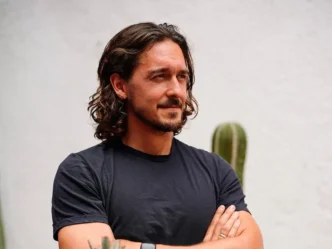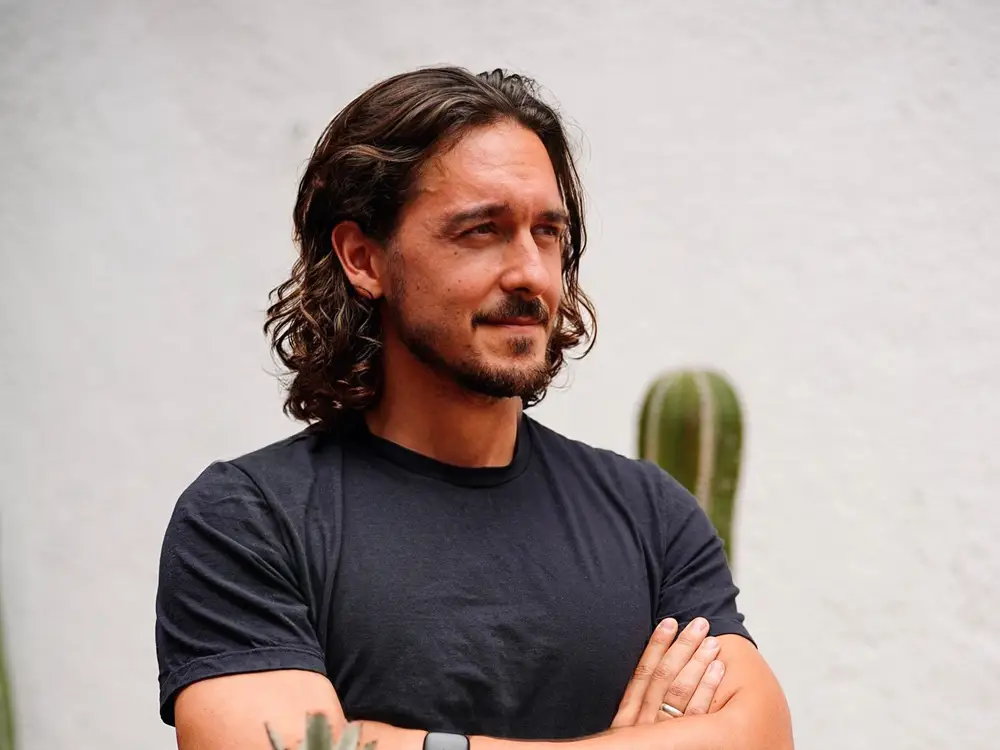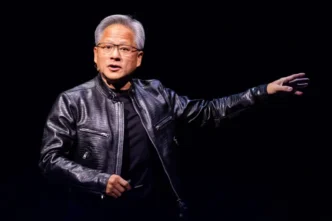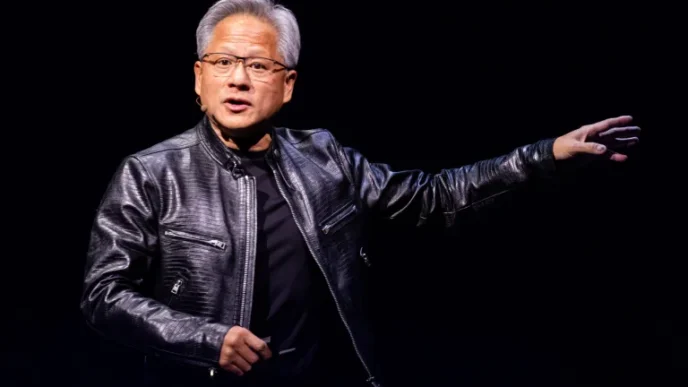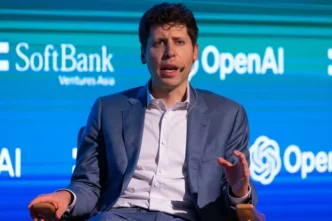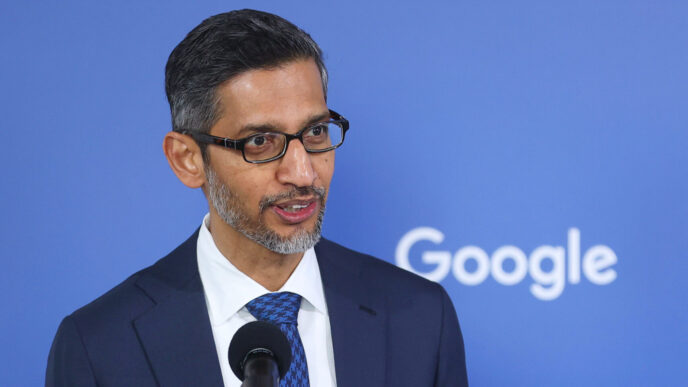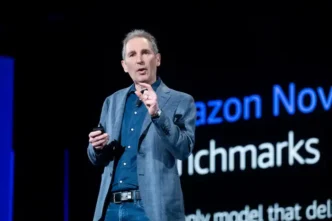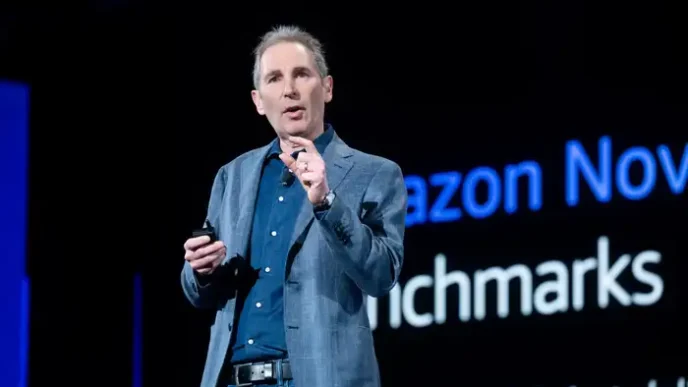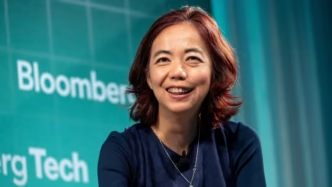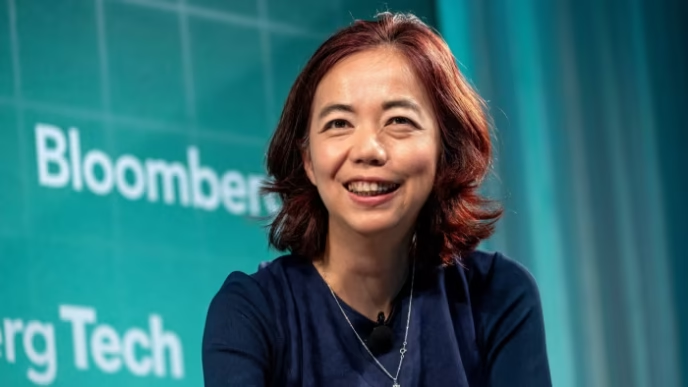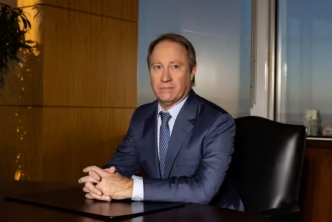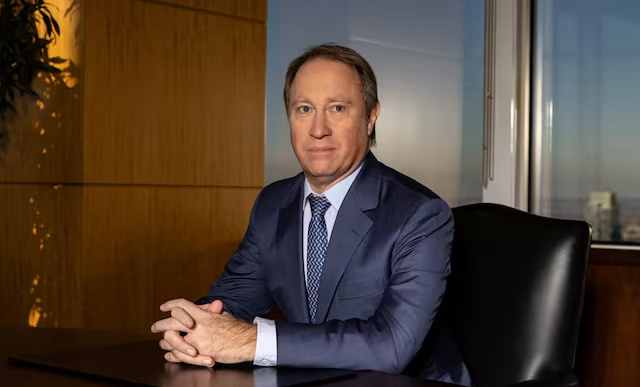Cavela has closed a 6.6 million dollar seed round as more brands scramble to escape rising manufacturing costs and the fear of new tariffs. The company began in 2023 when Anthony Sardain decided to build an AI platform that could take the pain out of sourcing suppliers. At that point, he never imagined tariffs would become a major driver for adoption. Yet many brands now feel pressured to look outside China, and that shift has turned into a big opportunity for Cavela.
Sardain said that most companies cling to the first supplier they find because the idea of rebuilding a supply chain in a new country feels overwhelming. He added that smaller brands rarely have sourcing teams with the time or reach to explore global options. This is where Cavela steps in with its AI agents that search for factories across more than forty countries and start the early negotiation work.
The new funding round was co led by XYZ Venture Capital and Susa Ventures with support from Crossover Capital. It allows Cavela to dig deeper into its core idea. The idea is simple. A brand uploads all its product details, and Cavela does the rest. Yet the technology behind that simplicity solves a long standing problem. Finding a factory has always been a slow and messy job filled with long email threads, unclear specs, and constant follow ups.
Sardain explained that sourcing work involves text, images, sketches, and even rough photos taken in workshops. Before AI tools improved, this type of content was difficult for software to process. Now Cavela’s models can understand full specification sheets as well as diagrams and product drawings. The AI agent then uses this information to search for suitable manufacturers, reach out to them through email, WhatsApp, or text, and gather quotes with lead times and production details.
Brands no longer need to message factories one by one. Instead, they return to their dashboard a few days later and see dozens of quotes already waiting. This gives them a level of visibility that used to take weeks. It also helps them compare prices more clearly. After that step, most companies ask the shortlisted factories to send samples. This is the last stage before choosing a final manufacturing partner.
Cavela claims its users save an average of thirty five percent on production costs. The reason is simple. When a brand receives one hundred quotes, it naturally finds lower pricing and better factory matches. Sardain said this is the part that changes everything. Brands not only cut costs but also gain access to factories they would never have found on their own. Many of these factories operate in regions where prices remain competitive even when tariffs are factored in.
Western Welder Outfitting and The Longhairs are among the companies that say Cavela helped them land better pricing than what they paid before tariffs increased. They also report faster response times and easier negotiation cycles. These early results show why many founders believe AI driven sourcing will become a standard part of modern manufacturing.
Sardain has a deep personal connection to global trade. His family has worked in this space for three generations. He spent his childhood across Asian manufacturing hubs like Malaysia, Hong Kong, Thailand, Singapore, and mainland China. That experience helped him understand how factories think, what they care about, and how to approach negotiations in different regions. This background now shapes Cavela’s product and strategy.
The company is entering a competitive space. Alibaba still dominates sourcing in China by connecting brands to thousands of factories. Another rival, Pietra, also helps brands with sourcing and product development using AI. Yet Cavela is winning attention because it organizes the entire process through one agent that handles search, outreach, and early negotiations automatically. Brands do not need to filter through endless listings or navigate complex communication chains.
The shift toward regions outside China is also speeding up demand. Many brands do not want to rely on one country for their supply chain. Tariffs have made the issue more urgent. Moving to places like Vietnam, India, or Mexico is not easy, but Cavela reduces the uncertainty. By automating early conversations and collecting all pricing and capacity details in one place, the company gives small and midsize brands the kind of reach that only global corporations once enjoyed.
This moment is important for the manufacturing world. AI is changing how brands build products. What used to require large teams, countless factory visits, and months of work can now be handled by an AI platform that returns pricing options in days. Cavela believes this is just the beginning. As models get more accurate, the system will take on more of the surrounding workflow, from compliance checks to logistics planning.
The timing is ideal. Tariffs are pushing brands to rethink their entire supply chain. Costs are rising. Margins are shrinking. Many companies want to diversify but do not know where to begin. Cavela offers a fast path into new markets with pricing transparency that was almost impossible before AI. It removes guesswork and provides a level of negotiation power that many founders have never had.
The funding round shows that investors see this shift as more than a trend. They see it as the next wave of manufacturing. Cavela now plans to grow its network of global factories and expand the abilities of its AI agents. With more brands calling for alternatives to China and faster sourcing cycles, the company is stepping into a market that needs new tools and fresh ideas.
For now, Cavela’s pitch is straightforward. Upload your product. Get real quotes from real factories. Cut your costs. Move faster. And start building a supply chain that can survive the next wave of tariffs. For many brands, that is exactly what they need.
